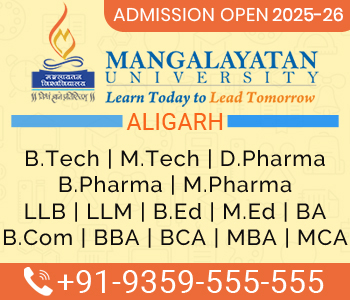Central University of Tamil Nadu
One of the major, fast progressing, and reputed universities in Tamil Nadu, is the Central University of Tamil Nadu (CUTN), established under the Central Universities Act of 2009, by the Government of India. The main objectives of this central university of tamil nadu are to offer ace-quality educational and research courses in disciplines of great productivity and contemporary importance; create bright and innovative professionals and managers to serve the concerned industries; and contribute to the development and prosperity of related economic sectors, and social and economic development and uplift of Tamil Nadu and other States of India. This central university of tamil nadu india, had started functioning from its temporary seven-acre campus at the Thiruvarur District Collectorate, on the Thanjavur Road. The permanent campuses of this central university are fast being constructed in the villages of Neelakudi and Nagakudi, which will be well-equipped with all modern and lavish amenities and facilities. Its academic campus is being rapidly developed in Neelakudi over an expanse of about 415 acres, which the residential campus of this central university of tamil nadu will be in the Nagakudi village, over an area of more than 100 acres. Concise but rich information about the courses of this central university of tamil nadu neelakudi, is being provided separately.
At present, this central university of tamil nadu offers the following educational and research courses, with efficient and excellent support of the below-mentioned major faculty schools:
- School of Social Sciences and Humanities - Departments of English, Tamil, Economics, and Social Work.
- School of Basic and Applied Sciences - Departments of Physics, Chemistry, and Life Sciences.
- School of Mathematics and Computer Sciences -Department of Mathematics.
- School of Communication - Department of Communication.
- School of Education and Teaching - Department of Education and Teaching.
In collaborations with the Madras School of Economics (MSE), the NLSIU of Bangalore, and the Central Institute of Classical Tamil (CICT), this one of the reputed and top universities in tamil nadu offers the following academic programs at diverse levels:
- Five-Year Integrated M. Sc Programs in Mathematics, Physics, Chemistry, Life Sciences, and in Economics
- Four-Year Integrated Programs for B. A; B. Sc; B. Ed
- M. A in English Studies; Classical Tamil; Media and Communication; Social Work in Mental Health
- M. Sc Programs in Sciences; General Economics; Financial Economics; Actuarial Economics; Environmental Economics; Applied Quantitative Finance; etc.
- Ph. D Programs in Physics, Chemistry, Mathematics, and English
The new and perment campuses of this university will be well-equipped with all academic, residential, and supportive amenities and facilities, including the facilities of state-of-the-art educational infrastructure, well-stocked library, modern laboratories, hostel and residential facilities for students and faculty members, canteen, stationery shops, bank and ATM, sports facilities, medical facilities, etc.

